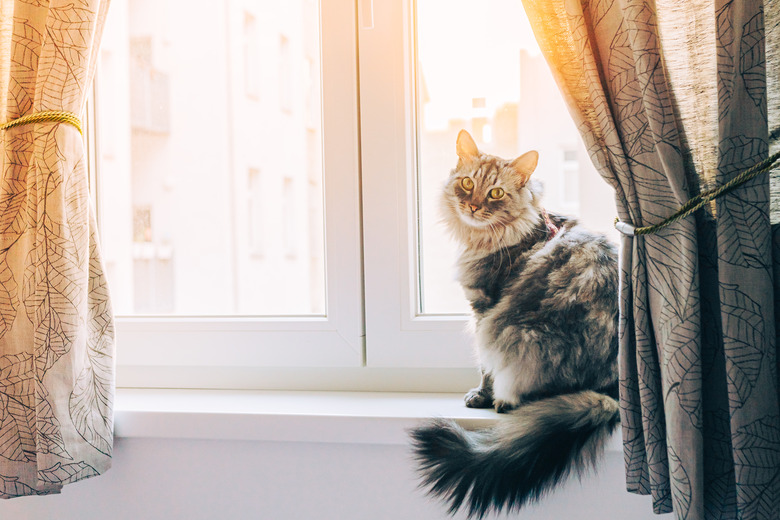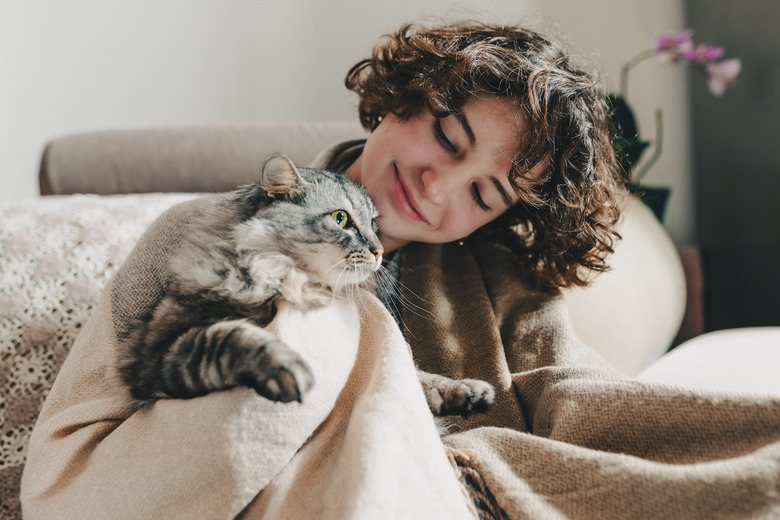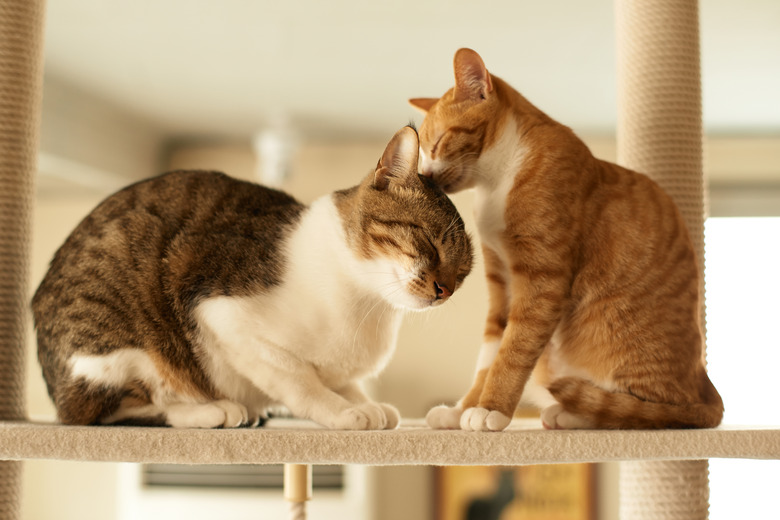What To Expect When You Adopt An Older Cat
Adopting an older cat can be very special. You are providing a new home for a cat that might be used to being in and out of animal shelters as well as other people's foster homes. Your senior cat will finally be able to feel like they have a place they can call their own as well as one owner who cares about and loves them. Before taking on a new cat, you should know about what to expect if your cat is older. Then, you can determine if it's the right decision for you at this time.
You’ll need to pay adoption and care fees
You'll need to pay adoption
and care fees
You may have to pay a few hundred dollars to adopt your senior cat from a shelter in order to cover the spaying or neutering, vaccinations, microchip, deworming, a wellness visit with the vet, and other basic health services. You'll also need to cover the costs of cat supplies such as a cat bed, collar, litter box, food, bowls, and toys.
An older cat may have more health issues
An older cat may have more
health issues
As cats age, they are more likely to become sick. A few of the health problems in older cats include kidney disease, obesity, diabetes, thyroid disease, arthritis, dental disease, and cancer. If your older cat starts exhibiting any signs of sickness, then you should take them to the veterinarian immediately. Some symptoms include weight loss, vomiting, hyperactivity, increased thirst and urination, dehydration, and the development of a mass or tumor.
Your new cat could be anxious or fearful
Your new cat could be
anxious or fearful
If you get an adult cat that's been in and out of the shelter system or homes, they might be fearful or anxious. After all, they may have been lacking a sense of stability for a long time. Think about whether or not your home is suitable for an anxious or worried cat. If you have little kids running around or a dog at home, it could be too chaotic for them.
If you think your home environment will work, then as soon as you bring your new pet home, take them to a secluded room that's set up with a litter box, a cat bed, toys, and a food dish and water bowl. Once your new cat seems to be curious about exploring the rest of your home, then gradually introduce them to it. You can also talk softly to them, give them treats to establish bonding, play with them, and cuddle them. Never force your cat to be held or go out of their secluded room if they are resisting.
Your older cat could be calmer
Your older cat could be
calmer
If you're looking for an energetic cat to play with, you should opt for a younger cat. An older cat is likely to be calmer because they won't have as much energy. However, if that's what you're looking for, then you're in luck. You probably won't have to wake up in the middle of the night to tend to your cat, and you may just be able to let your cat go in and out of rooms as they please without having to worry about them scratching up the furniture or getting into other kinds of messes.
Your senior cat may get along better with other cats
Your senior cat may get
along better with other cats
Do you already have other cats in your home? Then your older cat might do just fine when it comes to interacting with them. While kittens could upset the other cats that are around, your older cat is probably used to being around other cats through living at the shelter or in other people's homes. You might be able to bring your new cat home before officially adopting them just to see how they will socialize with your cats. Then, you'll know whether or not they're good matches for one another.
In summary
In summary
Adopting an older cat comes with its own set of challenges as well as rewards. Doing your research beforehand will hopefully make the transition smoother and ensure you and your new cat have an amazing life together.


